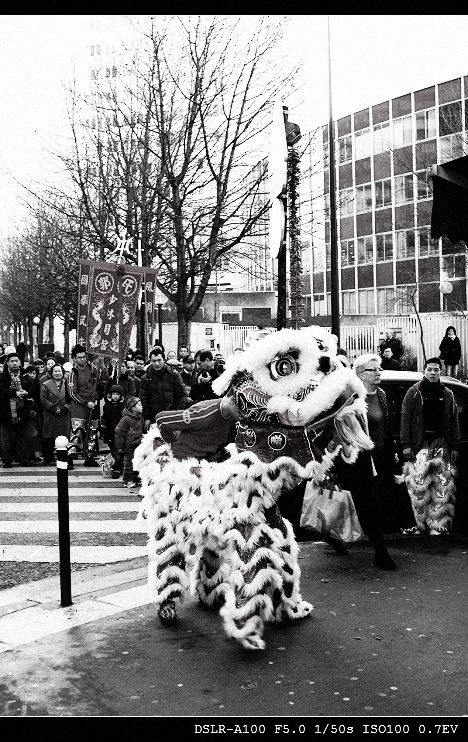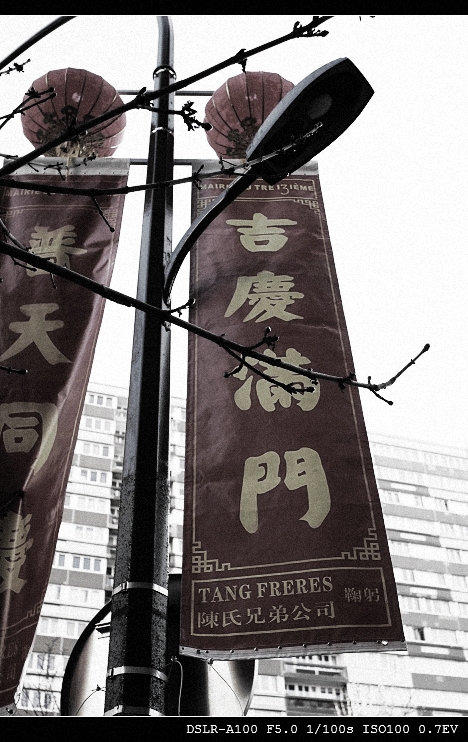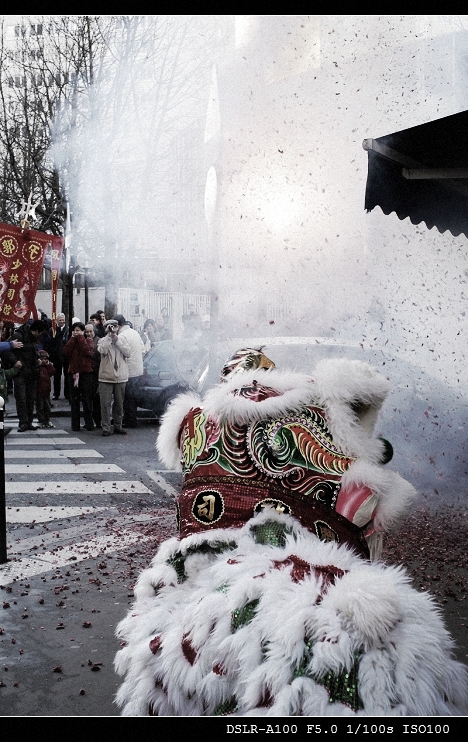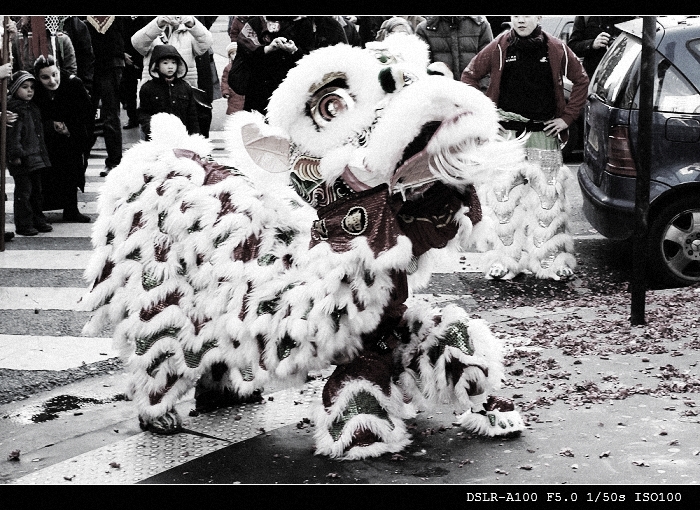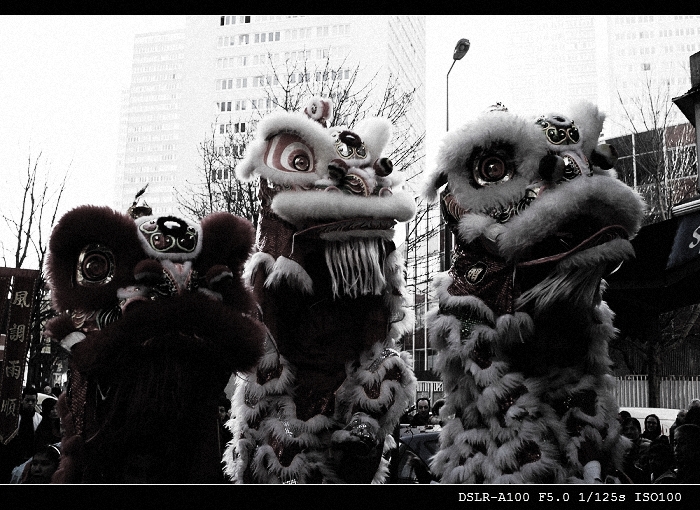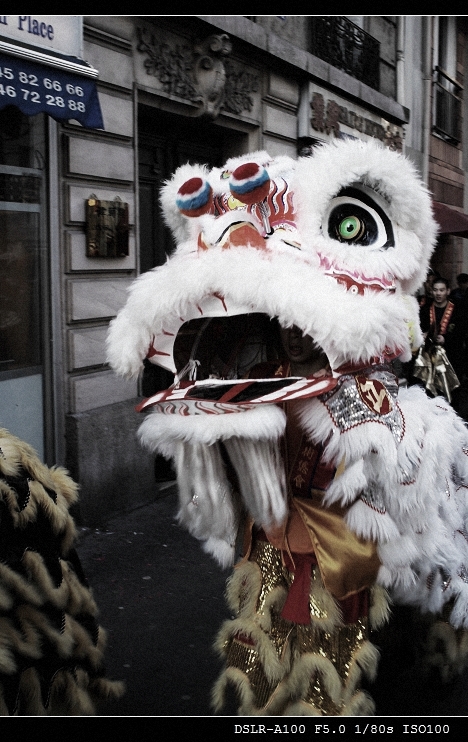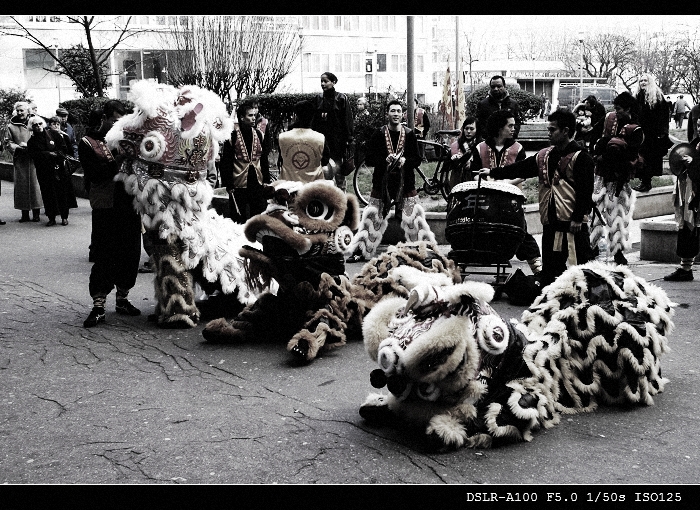Slide
Tuesday, April 29, 2008
MIT Economist Cracks Big Puzzle of China's Rise: Andy Mukherjee
MIT Economist Cracks Big Puzzle of China's Rise: Andy Mukherjee
Commentary by Andy Mukherjee
April 30 (Bloomberg) -- One of the enduring mysteries of our times is how China has created capitalism out of thin air.
Throughout history, countries have needed to secure private- property rights and impose limits on state power in order for entrepreneurs to take risks, for bankers to lend money to people other than the king's cousin and for economies to grow.
Not communist China.
The spectacular success of the Chinese economy in the past two decades seems to suggest to many analysts that good institutions may not really be as fundamentally important to a country as they are cracked up to be.
This isn't an idle, academic debate.
Our perception of what makes China successful has serious implications for how we analyze the prospects for the rest of the developing world.
Most of us may believe that Robert Mugabe's undermining of democracy is bad news for Zimbabwe's economy.
But if we conclude that China created material prosperity and spawned wildly successful entrepreneurial ventures such as computer maker Lenovo Group Ltd. without constitutional democracy and its appurtenances, then we can't -- at least on purely economic grounds -- argue that Zimbabwe needs them.
Equally useless then would be the heaps of empirical evidence that economists have uncovered suggesting a causal relationship between property rights and growth.
If the most fascinating economic miracle of our times can soar in an institutional vacuum, then surely others can, too.
Stuck Needle
Now, that may only sound right to Mugabe and his cronies. So what's missing here?
The answer, according to Massachusetts Institute of Technology economist Yasheng Huang, is simple: The conventional view of China is deeply flawed.
Institutions, as Huang argues in his forthcoming book, titled "Capitalism With Chinese Characteristics,'' have mattered as much in China as elsewhere, only their effect doesn't show up as neatly.
Part of the problem lies in measuring changes in the policy environment facing entrepreneurs on the ground. The ``authority trends'' for China, according to the widely used Polity IV database, moved toward totalitarianism at the start of Mao Zedong's Cultural Revolution in 1966, followed by a two-step return toward a slightly more free society in the 1970s. And there the needle stops.
"If the Chinese peasants had relied on the Polity IV to judge their property rights security, none of them would have gone into entrepreneurship,'' Huang says.
Millions of Entrepreneurs
But they did -- millions of them.
Huang has dug into China's Ministry of Agriculture data to show that in 1985, out of the 12 million businesses classified as ``town and village enterprises,'' more than 10 million were privately owned. The conventional view that Chinese TVEs were controlled by local governments is a myth.
So what exactly changed in the relationship between the government and the people to cause this extraordinary surge in rural capitalism? And that, too, just a few years after Mao's Cultural Revolution, when private possession of a book -- let alone a business -- could get a person arrested.
"China then and now does not have well-specified property rights security,'' Huang says. ``But China in the early 1980s moved very far and fast toward establishing security of the proprietor. One should never underestimate the incentive effect of not getting arrested.''
Deng Xiaoping
Something about Deng Xiaoping, who led China after Mao's death in 1976, convinced the peasants that changes introduced by him were for real and that life wouldn't revert to being the drag that it was under Mao. ``He was purged three times by Mao and one of his sons was crippled by Mao's red guards,'' Huang writes. ``No other Chinese leader commanded the kind of automatic credibility that he did.''
Some of this is pure speculation. But the theory isn't implausible. Huang's hypothesis may help us better understand contemporary China than reams of analysis of official gross domestic product data churned out by economists.
One of the more shocking conclusions from Huang's analysis is that less than a quarter of the corporate profits in the world's fourth-biggest economy came from domestic private enterprise in 2005. So what happened to Deng's legacy?
Following the 1989 Tiananmen protests, political support for genuine entrepreneurship disappeared in the China of the 1990s. Jiang Zemin and Zhu Rongji preferred growth that was led by foreign capital and occurred in urban centers. For businessmen away from large cities, access to finance dried up just as it was promising to become more liberal.
New Challenges
The current leadership of President Hu Jintao and Premier Wen Jiabao is aware of the challenge that faces them: The gap between rural and urban wages has widened alarmingly; the share of labor in national income has fallen; inequalities between rich coastal provinces and poor landlocked regions have risen.
In the early 1980s, freedom from the fear of incarceration was enough to prompt millions of people to start their own businesses. The institutional changes that are needed now will have to be much more substantive.
As a Chinese company, Lenovo couldn't secure the license to make computers in China, Huang says. It had to come in as a Hong Kong-domiciled ``foreign-invested enterprise.''
Lenovo's success was Chinese entrepreneurship supplemented by the institutional credibility of Hong Kong, where the company, then known as Legend Holdings, raised $29 million in 1994.
Even now, when China has a $3.3 trillion domestic stock market, entrepreneurial Chinese companies are forced to seek finance in Hong Kong and Singapore.
The true capitalist miracle in China is one that's yet to happen.
(Andy Mukherjee is a Bloomberg News columnist. The opinions expressed are his own.)
To contact the writer of this column: Andy Mukherjee in Singapore at amukherjee@bloomberg.net
Saturday, February 09, 2008
Saturday, February 02, 2008
Couple Gives $1 Million to UCLA
- AP
- Saturday February 2 2008
LOS ANGELES (AP) - A Bel-Air couple say they will donate $1 million to the University of California, Los Angeles, to set up the nation's first endowed academic chair on U.S.-China relations and Chinese American studies.
Walter and Shirley Wang, who own a plastic piping firm, said Friday they want to promote understanding of China in the U.S., particularly in light of recent stories criticizing dangerous toys and other products from China. They said they wondered why headlines weren't highlighting that some problems have been caused by American design flaws.
"We're not saying we want people to be biased for China,'' Shirley Wang told the Los Angeles Times. "But in every situation there are different views. We just want more understanding.''
The donation also would fund a media program and establish a Web site, a handbook, and a database of experts about Chinese American issues.
The gift is the latest donation from the Wangs, who in 2000 gave $1.5 million to help finance the PBS series ``Becoming American: The Chinese Experience.''
Walter Wang, a 42-year-old Taiwan native, and his wife, a 39-year old New York native raised in Taiwan, have also given a $1.5-million donation to establish an endowed chair in pediatric surgery at Cedars-Sinai Medical Center.
Thursday, December 27, 2007
The challenge to Beijingoism
Dec 26th 2007 | BEIJING
from economist.com
IN READINESS for the Olympic games, Beijing is putting the finishing touches to a colossal makeover: the world’s biggest airport terminal, skyscrapers, subway lines and lavish stadiums. It is guaranteed to impress the world. But the leadership is nervous. The games will be a magnet for China’s critics. At a time of growing unease around the world about everything from the safety of China’s products to its policies in Africa, there are plenty of them.
See the full story, go here
Comment: the Taiwan and Tibet issues is China's internal political affaire, they have nothing to do with the Olympic Games in 2008. Besides, Why do people believe that Chinese people will live better if they have democracy? Promoting democracy in a immature condition will only cause chaos, take a look at African countries, most of them have parliament, universal suffrage elected president, but what can you inside this "democracy"? Corruptions, political nasty fights, and their economy, not better.
But I can also say that I'm totally wrong just 'cause I've never been to Africa, as well as most of these journalists have never been to China. One of my friend told me yesterday that in his English class when two french students made a presentation about the human rights in China, he asked only one question when they had finished : "Have you been to China, do you speak Chinese?" Then nobody can say one more word. I think I'll ask the same question if I were there.
Finally, come to China if you really want to know what's happening. Chinese people are nice, so am I.
Monday, December 24, 2007
China falls for Christmas, at least in its stores
Mon Dec 24, 2007 11:01am GMT
By Simon Rabinovitch
BEIJING (Reuters) - China's shopping malls in late December leave little doubt that the country has been smitten by Christmas, if not in quite the way devout Christians might hope.
Christmas has secured a spot on the Chinese calendar as a cherished excuse to buy, buy, buy. And while Christianity is indeed spreading in the officially atheist country, many shoppers have only a faint idea of the holiday's religious connection.
But their manner of celebration is sure to win the blessing of at least one group: economists.
"It's not really a real holiday," said Benny Zhang, 29, a computer programmer outside a Beijing mall with his wife. "It's just a nice atmosphere for shopping and a chance to swap gifts with each other."
Economists long despaired that the Chinese propensity to save, not spend, was storing up trouble should China's exports falter and hurting the world economy because it was not buying enough from abroad.
Even as China has become wealthier, the savings culture has been reinforced by the dismantling of the social security system, which forced ordinary people to keep enough money on hand for education, medicine and old age.
But Christmas reveals that Chinese consumers, buoyed by fast rising incomes, have now burst on the scene with a fervour for shopping that someday might rival their American counterparts.
"It is hard to get away from cultural norms," said Anna Kalifa, head of research in Beijing for Jones Lang LaSalle, a real estate management firm.
Beautiful Girl
writte and sang by Sean Kingston, I like this guy, and his music is just great
The melody and rythm is simple, and this song is suitble for days like right now, Christmas days.
Sunday, December 23, 2007
Dave's Lounge
My preference of music is trip-pop, lounge, and I've been listening to Dave's lounge for about two years, a podcast provided par independent producer collecting the songs found on the Internet, and it's base on the Creative Commons Licence.
If you like the same kind of music, you'll get crazy for this podcast, and their 100th program is really really awesome.
The end of this year is approaching, and I've started to think about the whole year. I mean, a kind of conclusion that I used to write every year since 2002, it's pretty a good habit because it helps me to know what I've achieved during this pasting year, what I was supposed to do but didn't been finished or even been mentioned, and what I am going to do next year. The birth of the notion "year" was firstly based on the agricultural timetable, but then people started, as what I do, making a revision every year. This is why man has progressed so rapidly, this is why I don't feel like getting lost when time has passed away.
This week's Christmas double issue of The Economist chose a picture of Mao wearing Santa Claus' hat as their cover, and talked about Mao and his art of management, including "A powerful,mendacious slogan"," Ruthless media manipulation" and "Sacrifice of friends and colleagues" . I agree with their opinion even if I still consider Mao as the world's greatest man,what I have been taught since my childhood. I think his slogan like "Serving for the people" is really what we should know in a modern society,and this is what I cannot find in France.
Recently I can't help thinking about someone, no matter what kind of sentiment it is,in contrast of the title of this blog, I don't think I need to get deeper, let it happen or let it go, it is out of my control.
Saturday, December 22, 2007
Some photos of La défense
I took a few photos yesterday. I was a little late so I didn't get much light, today I'll take some more photos if I have time.
Update here some photos, if you want to see more, you can go to my picasa album,or go to my homepage on facebook
My picasa album link
